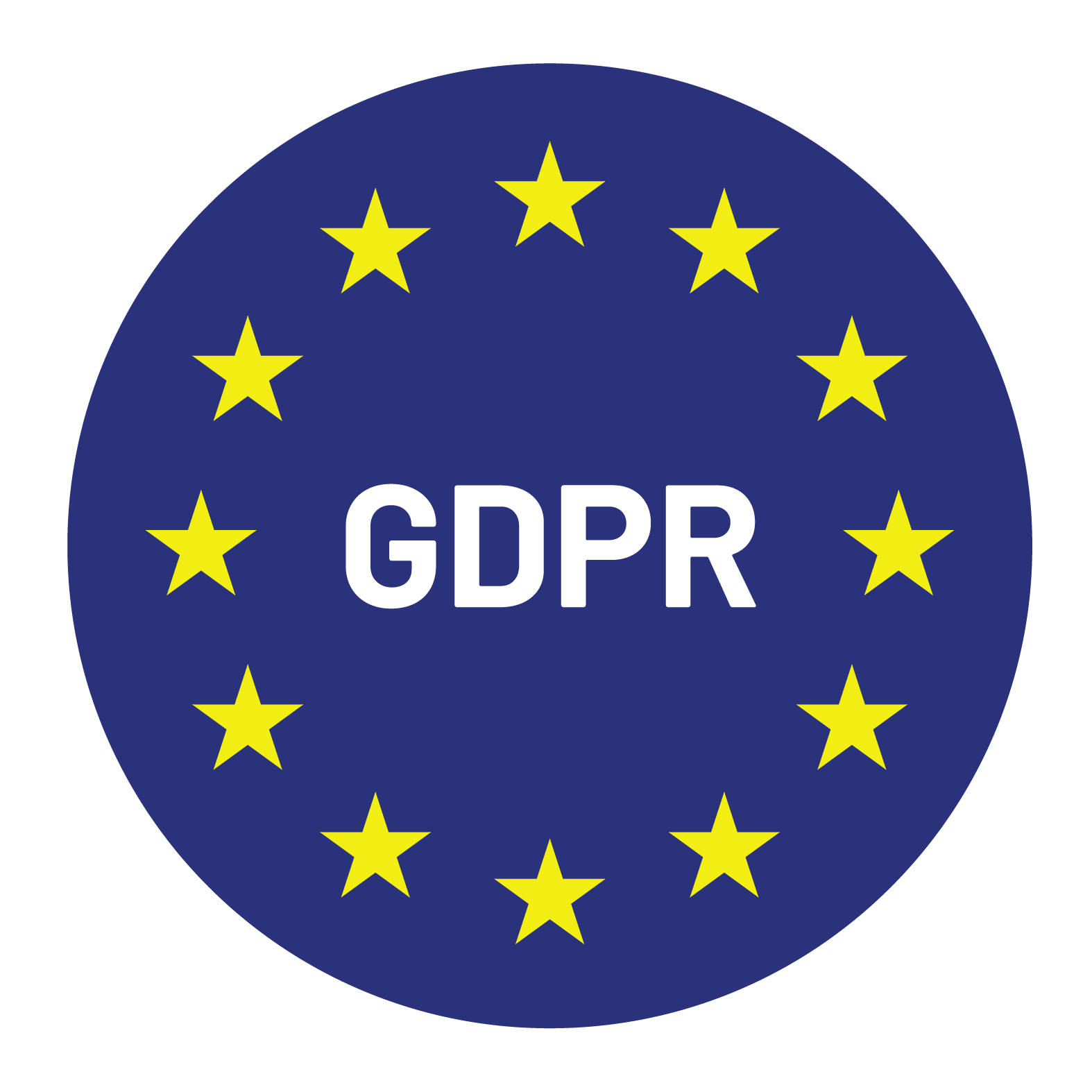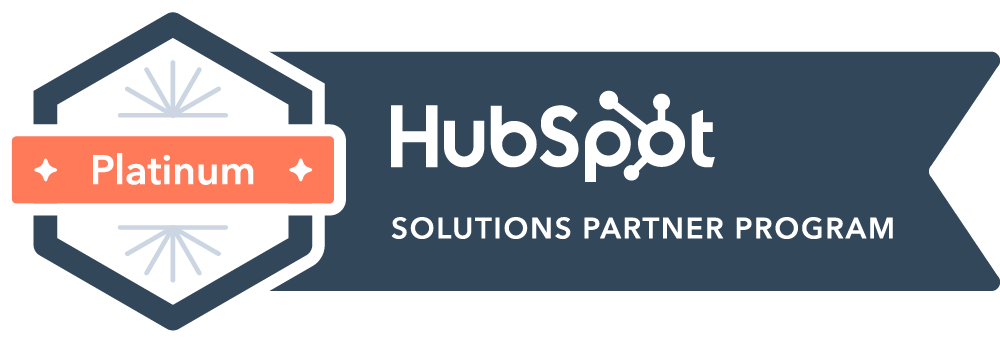

Content Writer for Whistle with multidisciplinary experience spanning over a decade.
Expanding into international markets offers enormous growth potential — but it also brings significant challenges. According to a CSA Research study, 76% of consumers prefer to buy products with information in their language. This preference isn’t just about convenience; it reflects a deeper need for trust and familiarity. For SaaS companies aiming to scale globally, overlooking this can lead to lost opportunities and stalled growth.
A one-size-fits-all sales approach rarely works when engaging with international prospects. Relying solely on English-speaking SDRs in non-English markets often results in miscommunication, cultural missteps, and weakened rapport. The companies that succeed globally understand that language is more than words — it’s about connection.
This blog will explore how Language-Specific SDRs (Sales Development Representatives) can effectively help SaaS companies enter new international markets. From improving communication and conversion rates to strengthening brand perception, these specialists play a vital role in successful global expansion.
Expanding into a new market without language-specific support is a bit like trying to assemble furniture with instructions in a language you barely understand — you might eventually get there, but the process is painful, and the end result isn’t always what you hoped for. Even when prospects speak English as a second language, the potential for confusion is high.
Technical discussions, product features, and value propositions require absolute clarity, but subtle nuances often get lost in translation. A slight misunderstanding in tone or phrasing can change the perceived meaning of a message entirely. What you intend as a straightforward pitch might come across as overly aggressive, vague, or even untrustworthy. And when your SDRs struggle to express complex ideas fluently, prospects may assume the product itself is complicated — even when that’s far from the truth.
The result? Longer sales cycles, more objections, and plenty of missed opportunities. Instead of building momentum, your SDRs end up spending their time clarifying misunderstandings — a costly distraction from actually moving deals forward.
Sales is about more than words — it’s about connection. Connection relies heavily on understanding local customs, business etiquette, and unspoken rules. A one-size-fits-all sales script won’t cut it when what’s considered professional in one culture may seem pushy or aloof in another.
In some regions, building relationships before talking business is non-negotiable. In others, getting straight to the point is a sign of respect. Without fluency in both language and culture, SDRs risk misinterpreting cues and alienating potential customers. Even simple things — like how to address someone, how much small talk is appropriate, or how formal to be — can make or break the conversation.
When SDRs don’t understand these subtleties, their outreach can feel awkward, even offensive. And when prospects feel misunderstood or disrespected, they’re unlikely to stick around for a follow-up call.
First impressions are everything — especially when entering a new market. When your SDRs can’t engage prospects in their native language, it sends an immediate message: your company isn’t invested in understanding this audience.
That lack of localization suggests that the market is an afterthought. And in a world where trust is critical to sales, this can put you at a serious disadvantage. Local competitors, equipped with native speakers and cultural insight, will always have the upper hand in building relationships.
Even worse, poor communication can damage your brand’s image in the long run. If prospects associate your company with confusion, cultural insensitivity, or misaligned messaging, that perception will be hard to shake — no matter how great your product is.
When outreach feels distant and impersonal, engagement suffers. Prospects are far more likely to respond to personalized communication in their native language, tailored to their market’s unique context and pain points.
Without Language-Specific SDRs, personalization becomes difficult. Generic messaging, no matter how well-crafted in English, rarely resonates in international markets. The nuances of local business priorities, cultural references, and preferred communication styles are lost — and so is the opportunity to create meaningful connections.
This lack of personalization translates directly into lower response rates, fewer qualified leads, and longer conversion times. And over time, it weakens your ability to establish a strong foothold in new regions, limiting growth potential just when you should be gaining momentum.

Language-specific SDRs offer more than translation — they provide localized expertise, cultural insight, and the ability to build strong, trust-based relationships. Here’s how they drive international growth:
Speaking the local language goes beyond words — it’s about understanding context, tone, and nuance. Language-specific SDRs can interpret a prospect’s intent more accurately and respond in a way that resonates. This creates a smoother, more productive sales conversation from the start.
Cultural knowledge also plays a key role. Language-specific SDRs understand regional customs and business etiquette, allowing them to approach prospects respectfully and effectively. This cultural fluency helps avoid missteps and builds stronger initial connections.
Localized outreach feels personal — and personalization drives engagement. Language-specific SDRs tailor their messaging to align with local market needs, pain points, and expectations. By speaking the prospect’s language both literally and figuratively, they create more compelling value propositions.
This approach leads to higher response rates and more meaningful conversations. Prospects are more willing to engage when they feel understood, and that familiarity translates to faster qualification and a stronger sales pipeline.
First impressions matter. When prospects see that your company has invested in local language support, it signals a serious commitment to their market. This builds credibility and sets you apart from competitors who rely on generic, English-only outreach.
Language-specific SDRs also reduce the risk of cultural missteps. Every market has its norms and expectations — failing to recognize them can damage relationships before they even begin. SDRs with local knowledge help you avoid these pitfalls, creating a more positive brand experience.
Understanding cultural context is just as important as speaking the language. Different regions have distinct approaches to business communication, decision-making, and relationship-building. Language-specific SDRs help navigate these differences, ensuring your outreach aligns with local expectations.
For example, in some markets, directness is valued; in others, a more formal and relationship-driven approach is preferred. An SDR who understands these nuances can adapt their style, making outreach more effective and conversations more productive.
International expansion often means competing against established local players. Having Language-Specific SDRs gives you a distinct advantage — the ability to communicate with prospects in their preferred language, with a deep understanding of their business environment.
This advantage translates into faster market penetration and stronger long-term relationships. By demonstrating cultural fluency and local knowledge from the start, you position your company as a trusted and reliable partner.
Expanding globally requires the right team — and Whistle has the expertise to support your international growth strategy. With a network of highly skilled, multilingual SDRs, our team ensures your outreach resonates in every market you target.
Our Language-Specific SDRs combine local language proficiency with deep cultural insight, helping you build meaningful connections and drive higher conversion rates. Whether you’re entering new regions or strengthening your presence in existing ones, Whistle provides the tailored support you need.
We’ve helped SaaS companies break into international markets with scalable, effective sales development. Our focus on quality, strategy, and market expertise makes us a trusted partner for global expansion.
International growth requires more than a great product — it demands localized outreach that builds trust and drives engagement. Language-specific SDRs play a critical role in this process, offering the communication skills and cultural insight needed to succeed in new markets.
Whistle provides the expertise and resources to help you expand globally with confidence. Our multilingual SDRs ensure your outreach is relevant, respectful, and effective, helping you establish a strong presence in every region you target.
Ready to strengthen your global sales strategy? Connect with us and discover how our Language-specific SDRs can help you enter new markets and drive international growth.


© Copyright – Whistle 2023